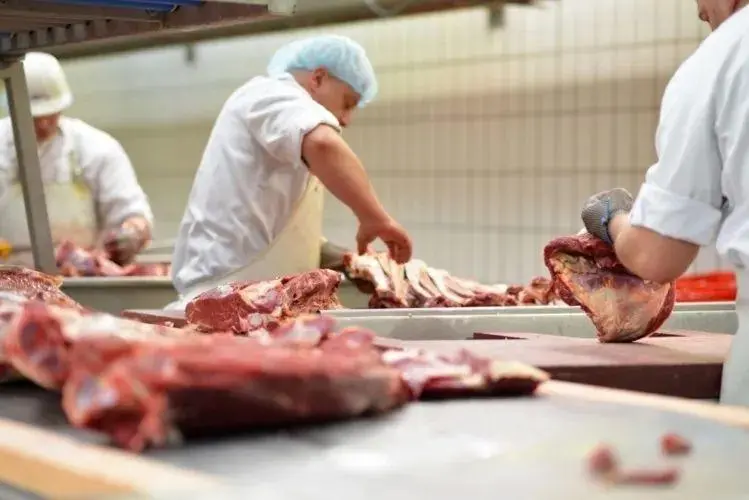
Aug . 14, 2024 13:41 Back to list
Saline Injection Machines for Meat Processing Innovative Solutions from Leading Factory Manufacturers
The Role of Saline Meat Injection Machines in the Meat Processing Industry
In the modern meat processing industry, the demand for high-quality, flavorful, and tender products has led to the development of various technologies aimed at enhancing meat quality. One such innovation is the saline meat injection machine. These machines play a crucial role in improving the moisture content, flavor, and tenderness of various meat products, revolutionizing how meat is processed and marketed.
Understanding Saline Meat Injection
Saline meat injection involves the introduction of a saline solution into the meat. This saline solution typically contains a mixture of salt, water, and sometimes additional flavoring agents or tenderizers. The purpose of this process is to enhance the flavor and juiciness of the meat, making it more appealing to consumers. By injecting saline at specific intervals and depths, producers can achieve a uniform distribution of moisture and flavor, resulting in a consistently high-quality product.
Advantages of Using Saline Meat Injection Machines
One of the primary advantages of saline meat injection machines is their ability to significantly improve meat quality. Injecting saline enhances the meat's moisture retention, which is particularly important during cooking. This leads to juicier end products that consumers find more satisfying. Furthermore, the introduction of flavoring agents in the saline solution allows processors to create products with a variety of tastes and textures, catering to diverse consumer preferences.
Another benefit is efficiency. Saline meat injection machines are designed to operate at high speeds, allowing large quantities of meat to be processed in a relatively short time. This can drastically reduce labor costs and increase production capacity, which is crucial for meeting the demands of a competitive market. Moreover, the automation of this process reduces the risk of human error, leading to more consistent and reliable product quality.
saline meat injection machine factory

Impact on the Industry
The introduction of saline meat injection machines has had a profound effect on the meat processing industry. It has enabled processors to meet the growing consumer demand for flavorful and tender meats while also maximizing yield. The ability to enhance flavor and moisture content has also allowed companies to market their products more effectively, providing a competitive edge in an ever-evolving market landscape.
Moreover, as consumers become increasingly aware of health and quality standards, the use of saline injections has facilitated the development of healthier meat options. By adjusting the composition of the saline solution, processors can create lower-sodium products or those enriched with vitamins and nutrients, aligning with current consumer trends towards healthier eating.
Choosing the Right Equipment
For meat processing facilities looking to invest in saline meat injection machines, choosing the right equipment is crucial. Factors to consider include the machine's capacity, ease of operation, maintenance requirements, and compatibility with existing production processes. Additionally, companies should consider the reliability of the manufacturer and the availability of technical support, as these can significantly affect the long-term effectiveness and efficiency of the machinery.
Conclusion
Saline meat injection machines have transformed the meat processing industry by enabling producers to enhance the quality, flavor, and tenderness of meat products effectively. This technology not only improves the overall appeal of the meat but also helps manufacturers respond to market demands and consumer preferences. As the industry continues to evolve, the importance of such innovations will undoubtedly increase, shaping the future of meat processing and consumption.
Latest news
-
[Product Name]-[Company Name]|[Core Function 1]&[Core Function 2]
NewsJul.13,2025
-
SmartFlow 3000 Series-Industrial Automation Solutions|AI Analytics&Energy Efficiency
NewsJul.13,2025
-
NextGen Equipment Series-IndustrialTech Solutions|Smart Automation&Real-Time Analytics
NewsJul.12,2025
-
Smart Irrigation System - Example Corp | Water Conservation, AI-Driven Efficiency
NewsJul.12,2025
-
Chicken breast meat slicer
NewsMar.07,2025
-
Meat Bowl cutter for LAB
NewsMar.07,2025